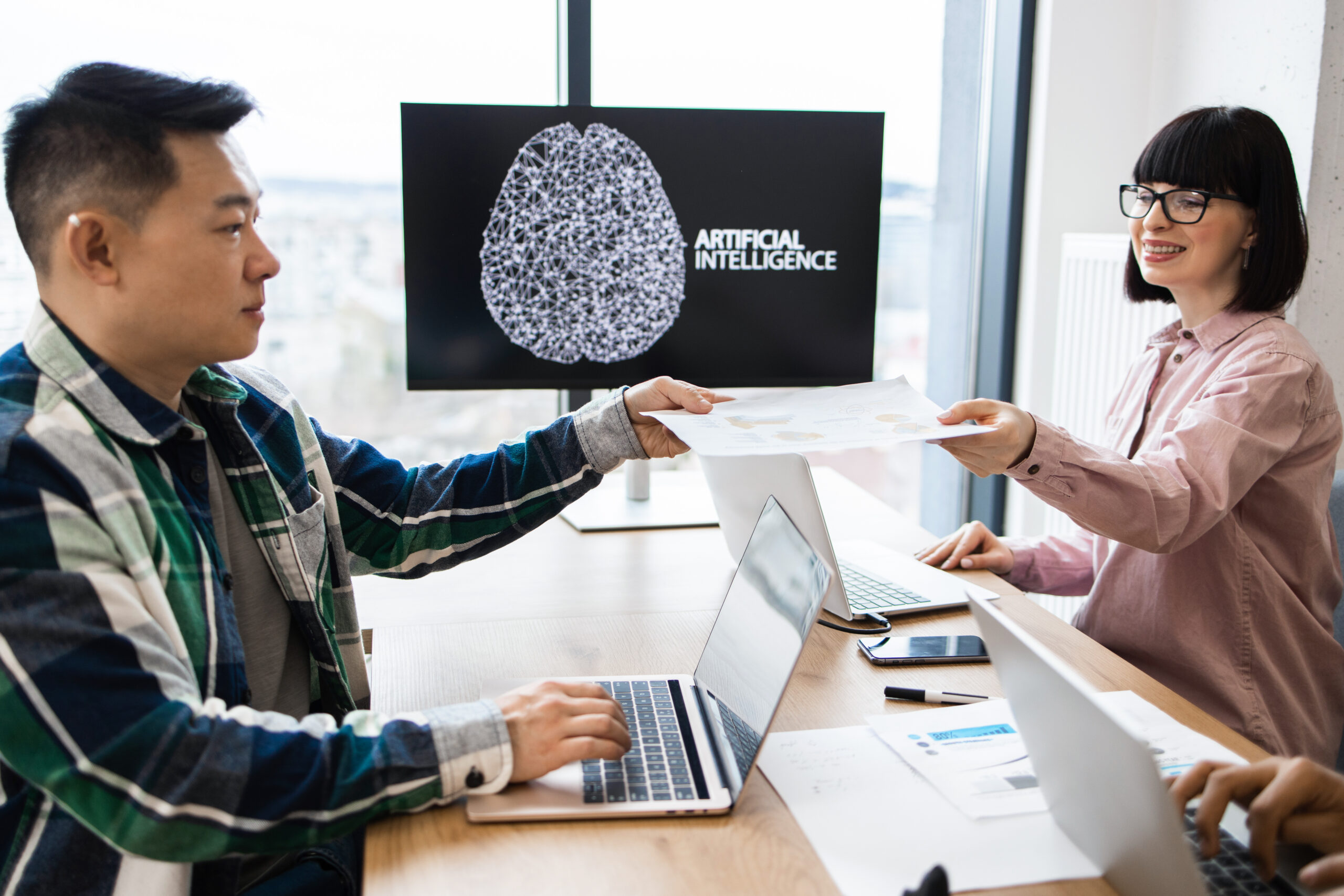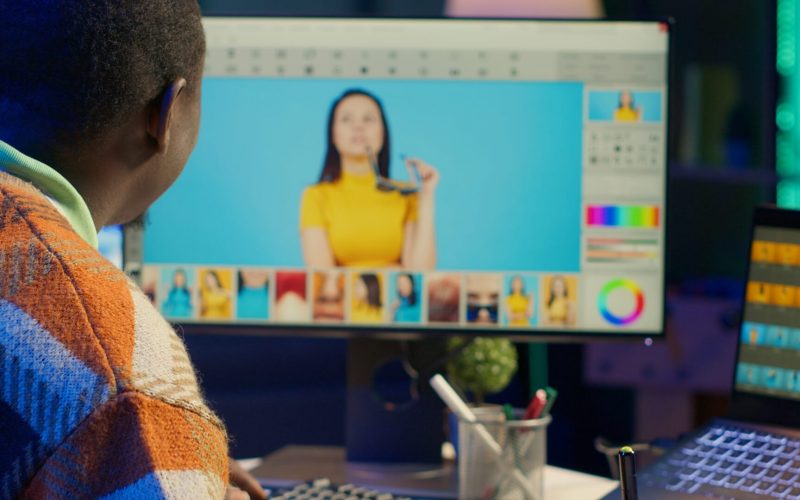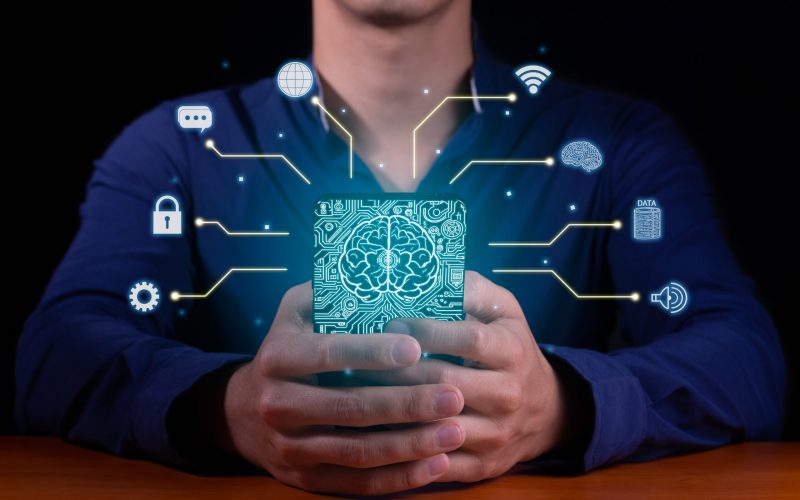AI might be the hottest tool in marketing, but let’s be clear: it’s not a miracle solution.
At GreaterThan, we’ve seen brands automate everything and end up with copy that feels cold, visuals that miss the mark, and campaigns that don’t convert. Why? Because AI has real limits.
While it’s revolutionized the way marketers work, it can’t replace the most critical parts of a strong marketing strategy: originality, empathy, context, and ethics.
If you’re betting big on AI, here’s what you need to know before letting it take the wheel.
1. AI Lacks True Creativity
Yes, AI can generate blog posts, draft images, and remix text into something new-ish. But here’s the key: AI doesn’t create from insight—it recombines from what already exists. Without being fed data points or guided toward specific context, it has no way to surface the real human truths that spark breakthrough ideas.
That’s why so much AI-generated content feels safe, predictable, and repetitive. It’s missing the “aha” factor that comes from understanding people, culture, and timing.
Think about your best-performing campaigns. Chances are, they succeeded because they tapped into a unique insight and felt genuinely different—not because they followed a formula. AI can’t anticipate cultural shifts, recognize what your specific audience is craving, or decide when to push creative boundaries. That’s still the domain of human creativity.
2. AI Misreads Nuance—and That Can Cost You
Sarcasm. Humor. Cultural references. Emotion. These are areas where AI still struggles brand-damaging consequences. An AI-generated headline that misses the tone or a social caption that sounds robotic isn’t just ineffective, it can be cringeworthy.
Language is more than grammar and syntax, it’s timing, tone, and intent. AI doesn’t understand the difference between snark and sincerity, or why certain phrases land differently in different communities. At best, this makes your brand sound bland. At worst, it leads to missteps that feel tone-deaf or inappropriate.
3. AI Can’t Make Ethical Decisions
Relying too heavily on AI leads legal and ethical risks, as AI doesn’t know the difference between fair use and infringement. AI sometimes lifts phrases, formats, and creative styles from copyrighted sources. AI doesn’t understand brand safety guidelines or FTC disclosure rules. It can accidentally include insensitive language, alienate your audience, or generate factual inaccuracies that erode trust.
Trusting AI to be factual and present correct information often leads to mistakes ranging from hilarious to brand-ruining. A single misstep can cost a brand credibility, or worse, open the door to legal issues.
4. AI Doesn’t Understand Your Brand Story
No matter how advanced it gets, AI doesn’t understand you.
It doesn’t know your mission, your values, or the nuance of your audience’s relationship with your product. It doesn’t get why one word choice works and another doesn’t. And it definitely won’t help you navigate brand evolution over time.
That level of understanding takes human experience, conversation, and deep strategy work.
5. Moderation = Long-Term Trust
AI helps you move faster, optimize campaigns, and analyze data more efficiently. But it cannot replace your team’s judgment, creativity, or brand voice. That is why thoughtful moderation matters.
Using AI without direction can result in flat creative, missed context, and content that feels disconnected. When used with purpose, AI becomes a powerful tool for unlocking strategic insights, speeding up production, and strengthening personalization.
Final Take: A Tool. Not the Creator
AI is a tool. A powerful one. But the brands that win aren’t handing over the reins—they’re using AI to empower their teams, not replace them.
At GreaterThan, we build campaigns that blend speed with soul. We use AI to optimize, personalize, and amplify, but we count on human expertise to guide every strategy and create every meaningful connection.
Because at the end of the day, machines assist but people connect.
Want a smarter, safer, and more human-first approach to AI marketing?




